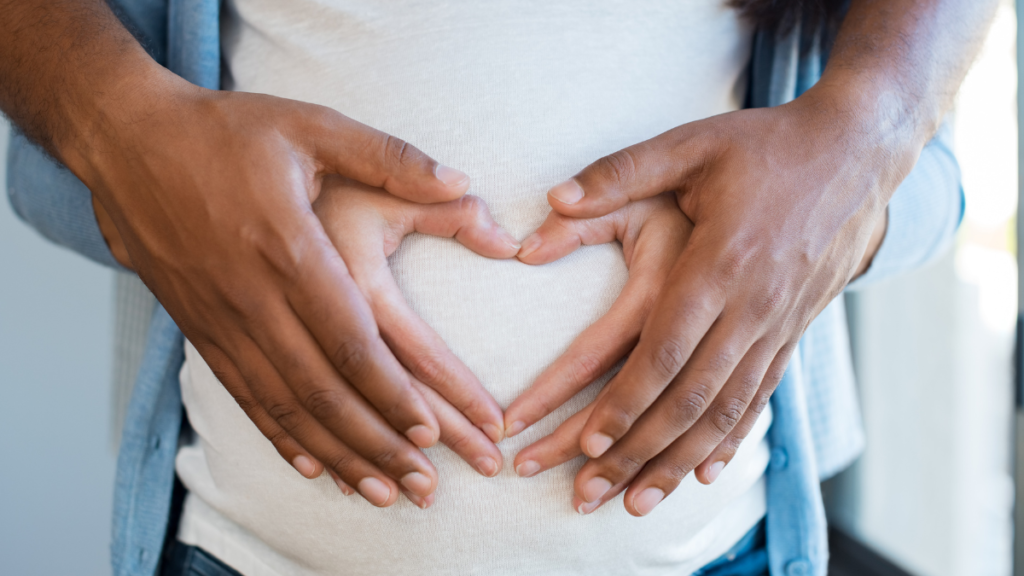
After a long and pretty difficult journey, at three weeks pregnant it’s finally time for the sperm to meet the egg. If conception is successful, your partner’s sperm will then fertilize your egg and the process of forming a fetus will begin.
At this point, the early signs and symptoms of pregnancy may become more apparent.
Read on for everything you can expect to see and feel at three weeks pregnant. Or head back to our pregnancy week by week page for more information on the different stages of your pregnancy.
Once fertilization occurs, your egg (by this point known as the zygote) starts to travel from your fallopian tube to your uterus. As the zygote travels, it will split into 16 identical cells. The inside of the cell mass becomes the embryo and the amniotic sac, while the outer cell mass forms the placenta. This journey can take up to 6 or 7 days, and so implantation may not actually occur until well into week four.
By the end of your third week of pregnancy, as your baby moves into the uterus, it is a collection of around 100 cells. We refer to this as a blastocyst and it is about the size of a pinhead.
While it’s still unlikely you will produce a positive pregnancy test result at only three weeks, the changes in your body can trigger a number of symptoms. When the egg is released from whichever follicle it came from, it’s replaced by something called the corpus luteum. This is a group of cells which is responsible for producing enough estrogen and progesterone to support the embryo as the placenta develops. Over the course of the following few weeks, the blastocyst cells which will form the placenta begin to produce human chorionic gonadotropin (hCG). This rises in your first trimester, causing your ovaries to stop releasing eggs and produce higher levels of estrogen and progesterone.
While it’s still unlikely you will produce a positive pregnancy test result at only three weeks, the changes in your hormone levels can trigger a number of symptoms. At three weeks, you might experience the following:
You may start to notice that your sense of smell has been magnified. This is a side effect of a higher level of estrogen in your body. This can lead to sensitivity towards certain scents and cause early bouts of morning sickness.
The changing levels of the pregnancy hormone hCG can lead to nausea and vomiting. However, the hCG levels should still be relatively low at three weeks, so if you ware feeling particularly queasy and suffering with regular morning sickness, you may actually be further along in your pregnancy.
Another side effect of your changing hormones is a strange, metallic taste in your mouth.
You might experience a mild cramping sensation in your stomach, or a feeling of pressure during the early weeks of your pregnancy. This is particularly common with first-time moms and is usually nothing to worry about. As you approach the fourth week of your pregnancy, you might feel the implantation process – which sees increased blood flow and a thickening of the lining of your uterus.
Bleeding at three weeks pregnant is not unusual. The zygote is making its way to your womb – soon-to-be home for the next 9 months – and, as it embeds in the lining of your uterus, you may experience some bleeding. This is called implantation bleeding and is different from a period.
Now head back and read all about your body and baby at 4 weeks pregnant.

© 2023 All rights reserved Baby & Toddler - part of parent promotions